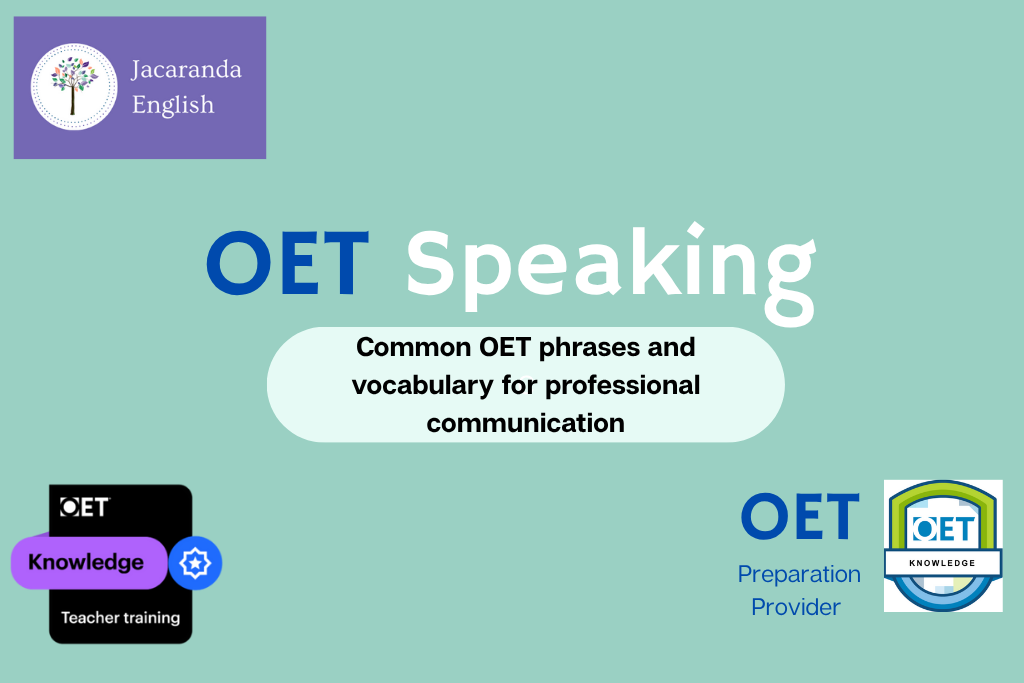IELTS Writing Task 1 – How to use vocabulary
Verbs
These verbs are alternatives to the basic rise and fall vocabulary. One benefit of using them is that sometimes they help you avoid repeating too many numbers. If you have a strong verb, you don’t always have to give the exact figure.
Up Verbs – Examples
soar – the use of water soared in March
leap – the prices leapt to 90% in one year
Climb – populations climbed to over one million by 1980
Rocket – use of cars rocketed in the first decade
Surge – a surge of migration is seen in November
Down verbs – Examples
Sink – The cost of housing sunk after 2008
Slip back – Use of electricity slipped back to 50 in May
Dip – Divorce rate dipped in the 60s
Drop – A drop in crime can be seen last year
Plummet – Tourists to the city plummets after September
Adjectives and adverbs
This is a selection of some of the most common adjectives and adverbs used for trend language. Please be careful. This is an area where it is possible to make low-level mistakes. Make sure that you use adjectives with nouns and adverbs with verbs:
•a significant rise – correct (adjective/noun)
•rose significantly – correct (adverb/verb)
•a significantly rise – wrong (adverb/noun)
Please also note the spelling of the adverbs. There is a particular problem with the word “dramatically:
•dramatically – correct
•dramaticly – wrong
•dramaticaly – wrong
Adjectives of Degree
Adjective Example Adverb Example
Significant A significant change Significantly Changed significantly
Dramatic A dramatic shift Dramatically Shifts dramatically
Sudden A sudden rise Suddenly Has risen suddenly
Substantial A substantial gain Substantially Gained substantially
Sharp A sharp decrease Sharply Had decreased sharply
Notes:
•“sudden” and “sharp” can be used for relatively minor changes that happen quickly
•“spectacular” and “dramatic” are very strong words only used for big changes
Steady Adjectives
Adjective Example Adverb Example
Consistent A consistent flow Consistently Flowed consistently
Steady A steady movement Steadily Moved steadily
Constant Constant shift Constantly Shifted constantly
Small adjectives
Adjective Example Adverb Example
Slight A slight rise Slightly Rose slightly
Gradual A gradual fall Gradually Has fallen gradually
Marginal A marginal change Marginally Had changed marginally
Modest A modest increase Modestly Increases modestly
Notes:
•“marginal” is a particularly useful word for describing very small changes
Other useful adjectives
These adjectives can be used to describes more general trends
Adjective Examples
Upward: By looking at the five data points, there appears to be a clear upward pattern in prices
Downward: Over the past quarter century there is a downward trend in use of pesticides
Overall: The overall shift in the market seems to favour the use of nuclear power

